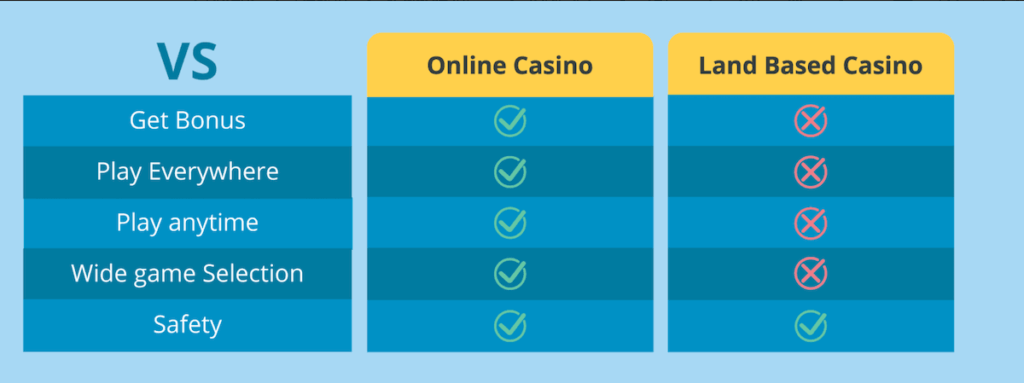In 2020, casinos across the United States faced significant challenges due to mandatory closures, resulting in a three-month period of no business. As a result, these casinos are now resorting to laying off a substantial number of employees, marking an unprecedented situation.
The initial enthusiasm surrounding the reopening of casinos has been dampened, especially in Las Vegas. Las Vegas heavily depends on visitors from neighboring states like California and relies on regional demand. Since non-gaming revenue plays a crucial role in their economy, numerous resorts have unfortunately been forced to lay off their employees.
As the Federal furlough program has concluded, casino operators are now beginning to lay off employees. Anticipating additional waves of the coronavirus in the coming months, casino operators have decided to take action at this time.
Massive job cuts sweeping across the nation
The initial glimpse into the actual impact of the pandemic was provided by Las Vegas Sands, as they became the first US casino operator to disclose their second-quarter financial results. The figures revealed a staggering 97.1% decline in revenue compared to the previous year. Consequently, their earnings for that quarter alone plummeted by a significant $1 billion.
Due to the uncertain future, national and regional operators have faced considerable difficulties in retaining a complete staff roster.
On a positive note, there are promising developments within the industry. Atlantic City has granted permission for its casinos to resume operations, albeit with limited capacity of 25% on the gaming floor and the absence of indoor dining facilities. Similarly, Las Vegas allows only 50% capacity on both casino floors and in restaurants.
By the end of August, MGM Resorts may transition its current furloughed workforce of 63,000 employees into permanent layoffs, as they have previously cautioned their staff.
Penn National Gaming has initiated staff layoffs, with a specific date set for the permanent termination of 541 employees in West Virginia on August 15th.
Boyd Gaming is anticipating a reduction in workforce, with approximately 6,000 employees, equivalent to 25% of its nationwide staff of 24,000, expected to face job cuts.
These major national operators underestimated the duration of the disruption, assuming it would be short-lived. Unfortunately, with the ongoing pandemic showing no signs of ending, numerous employees across the country will inevitably face layoffs.
What is the response from local casino operators?
The current situation has compelled local casino operators to make massive layoffs. The Motor City Casino in Detroit is preparing to lay off 2,000 of its furloughed employees.
In September, Circus Circus in Vegas has announced its intention to lay off 252 employees. Following suit, Tropicana Las Vegas will proceed with laying off 620 employees in October.
As the coronavirus pandemic worsens in the US, land-based casinos are confronting an imminent catastrophe. Local operators, more susceptible than their national counterparts, find themselves in a dire situation as layoffs loom, potentially signaling the demise of many establishments.

Further layoffs could occur as a result of a potential merger involving New Caesars.
In a bid to navigate through the challenges posed by the coronavirus pandemic, Caesars Entertainment has recently revealed its decision to merge completely with Eldorado Resorts. This strategic move aims to effectively curtail expenses, optimize operations, and ultimately ensure the survival of the company.
Historically, most mergers have resulted in layoffs due to considerable role overlaps among employees. This situation is expected to be no different. Nonetheless, it remains uncertain the exact number of employees who might face layoffs in the upcoming months.
Ordinary employees in the gambling industry are facing another devastating setback. It is anticipated that thousands will be negatively impacted, with no foreseeable resolution in sight. Unless there is a significant breakthrough in containing the virus and reviving the economy, the chances of national and local casino operators recovering from this downturn remain bleak.


